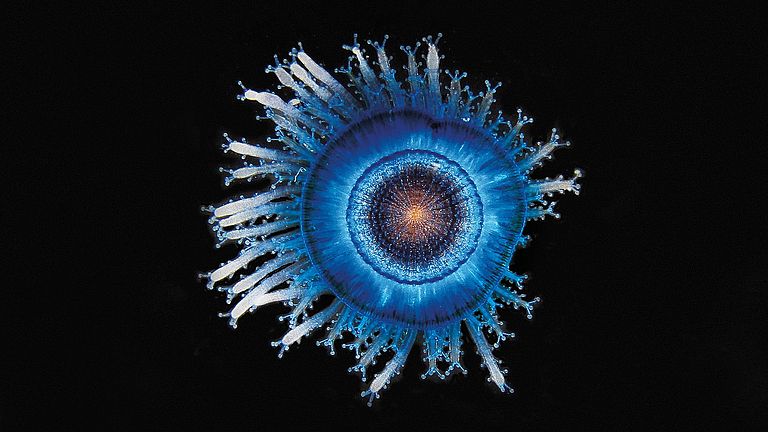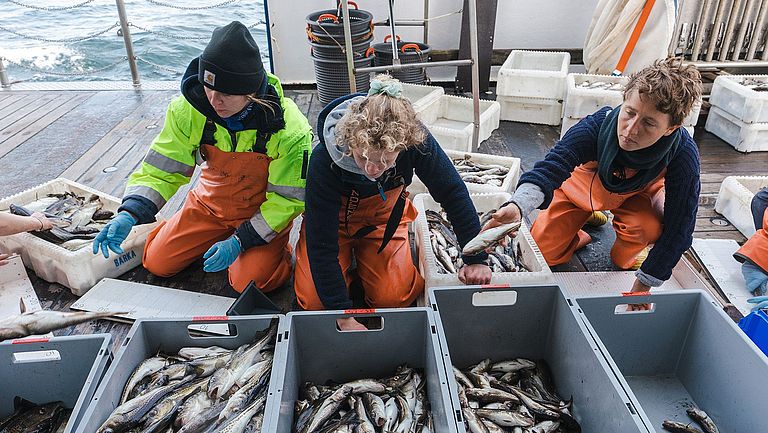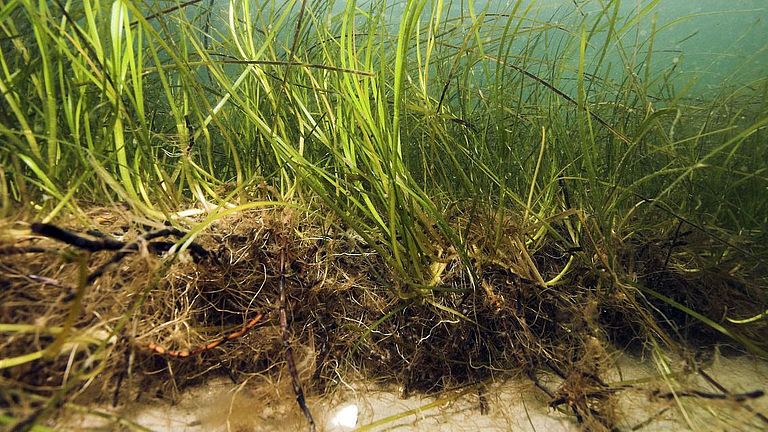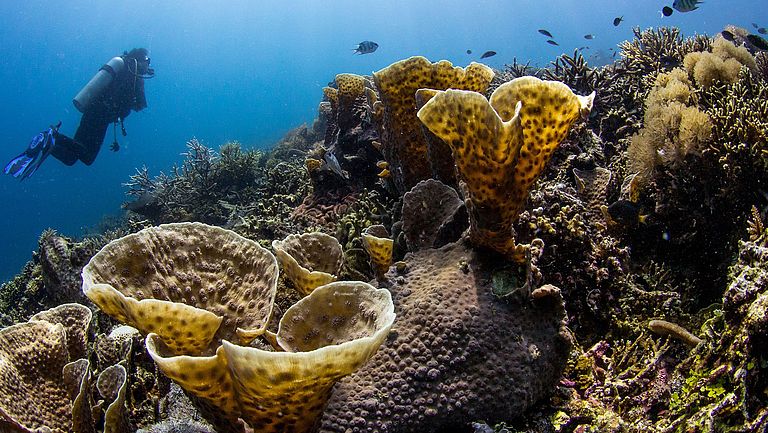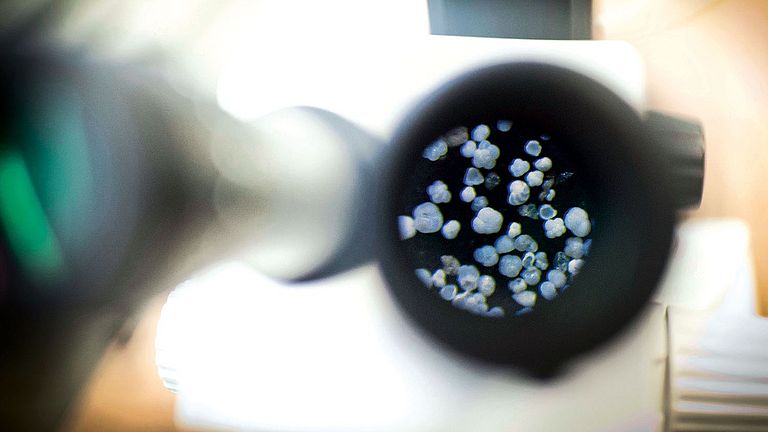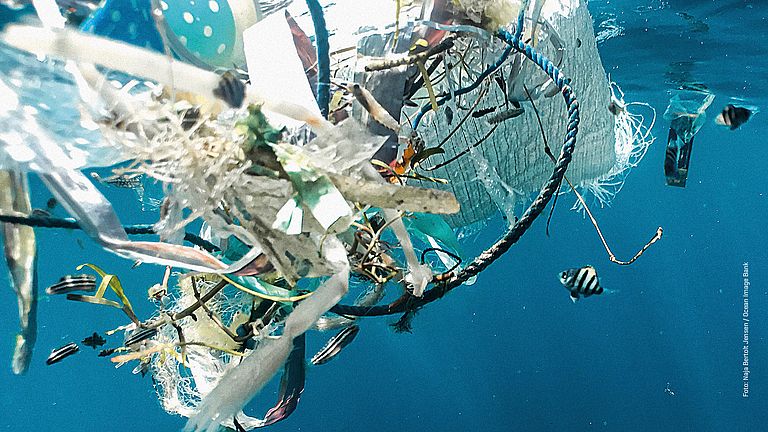![[Translate to English:] Teaser Leben im Meer](/fileadmin/_processed_/5/c/csm_korallen-riff-thorsten-reusch_geomar_8d6b1c030f.jpg)
Marine Life
From the sunlit surface to the dark deep sea: The ocean is home to a wealth of life. Many of the animals and plants in the sea are especially adapted to an existence in a certain environment – for example on hydrothermal vents, manganese nodule fields or seamounts.
Their biodiversity supports important ocean functions such as climate regulation or the supply of food and raw or natural materials. However, climate change, plastic pollution and other human impacts affect marine life. Therefore, GEOMAR Researchers investigate key ecosystems, effects of changes and possibilities for their protection and sustainable use.


